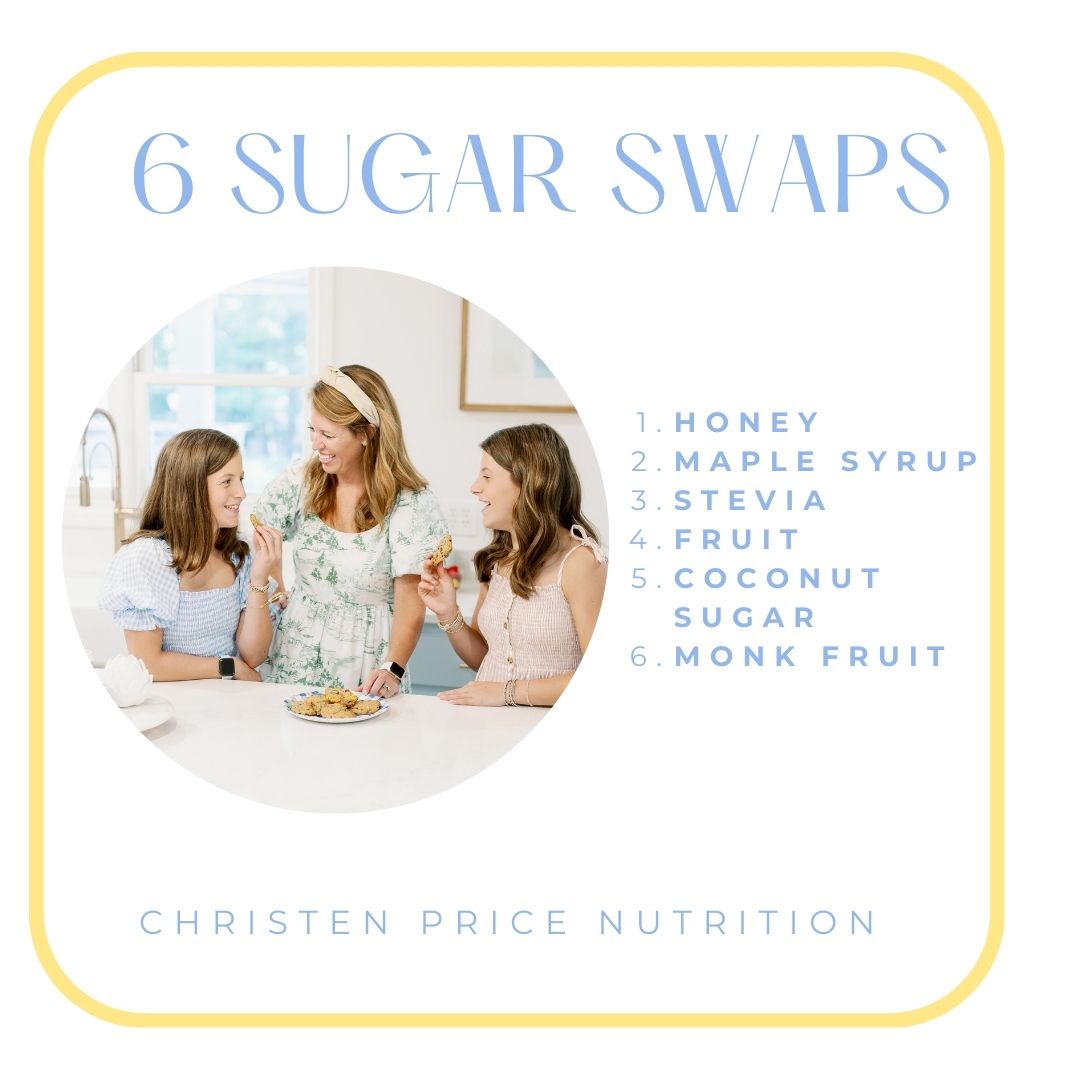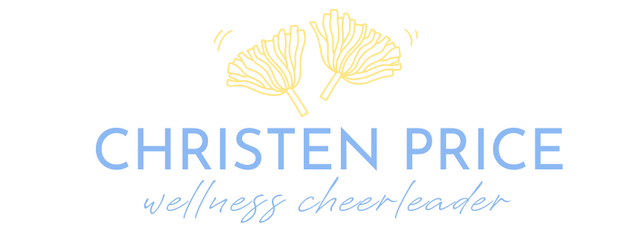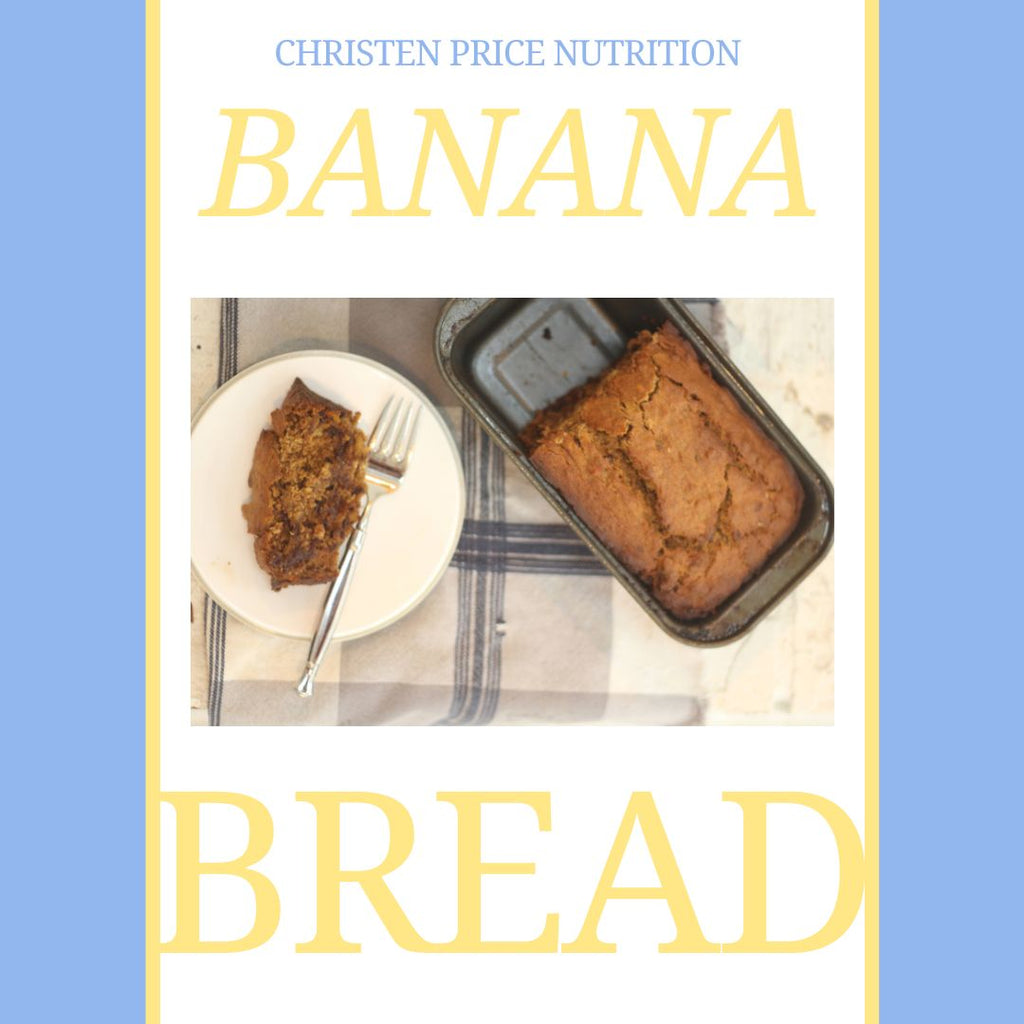6 Sugar Swaps: Easy Alternatives for a Healthier You

Sugar is one of the most common ingredients in our diets, but consuming too much of it can have negative effects on health, from weight gain to an increased risk of diabetes and heart disease. The good news? You don’t have to give up your favorite foods or desserts to reduce your sugar intake. You can enjoy delicious, satisfying meals and snacks without the added health risks by making a few simple sugar swaps.
Here are some easy sugar alternatives to help you live a healthier lifestyle.
1. Honey Instead of Refined Sugar
Honey is a natural sweetener that offers more than just sweetness. It contains antioxidants and has been linked to certain health benefits, such as boosting the immune system and improving digestive health. Try swapping out refined white sugar for honey in a 1:1 ratio (although you might want to reduce the liquid in your recipe slightly, as honey adds moisture). You can also drizzle honey over yogurt, oatmeal, or fruit for a touch of sweetness.
2. Maple Syrup for Pancakes and Beyond
Pure maple syrup is another excellent alternative to refined sugar. It’s not only delicious on pancakes, but it also contains important minerals like zinc and manganese. When baking, you can replace white sugar with maple syrup by using about ¾ cup of syrup for every cup of sugar and reducing liquids by ¼ cup. Maple syrup works well in marinades, dressings, and baked goods, offering a rich flavor that can complement a variety of dishes.
3. Stevia: A Zero-Calorie Sweetener
If you want to cut calories without sacrificing sweetness, stevia is a great option. Derived from the stevia plant leaves, it is a natural, zero-calorie sweetener that’s much sweeter than sugar, so you only need a small amount. It’s ideal for sweetening beverages like tea or coffee and can also be used in baking. Be sure to check the conversion chart on the package, as stevia is much more potent than regular sugar.
4. Fruit as a Natural Sweetener
Fruits, especially dried varieties like dates, are a fantastic way to add natural sweetness to your diet. For instance, mashed bananas or unsweetened applesauce can be used as substitutes for sugar in baking, especially in muffins, cakes, and quick breads. Dates blended into a paste can be used in smoothies, energy bars, and desserts like brownies. Besides adding sweetness, fruits also bring vitamins, fiber, and other nutrients that refined sugar lacks.
5. Coconut Sugar for a Caramel-Like Flavor
Coconut sugar is a natural sweetener made from the sap of coconut palm trees. It has a lower glycemic index than regular sugar, which won’t cause blood sugar spikes as quickly. Its caramel-like flavor makes it an excellent substitute for brown sugar in baking, granola, or coffee. While coconut sugar contains the same calories as regular sugar, it’s less processed and retains some nutrients like iron, zinc, and calcium.
6. Monk Fruit Sweetener: Another Zero-Calorie Option
Monk fruit sweetener, like stevia, is a natural, zero-calorie alternative to sugar. It’s extracted from the monk fruit and is much sweeter than regular sugar, so you’ll need less. Monk fruit sweetener is great for people looking to reduce calories or manage blood sugar levels, and it can be used in most recipes that call for sugar, including beverages, desserts, and sauces.
Conclusion
Reducing your sugar intake doesn’t mean giving up sweetness. You can still enjoy your favorite flavors while cutting back on refined sugars by using alternatives like honey, maple syrup, stevia, fruit, coconut sugar, and monk fruit sweetener. These swaps lower your sugar consumption and add nutrients and health benefits to your diet, making it easier to maintain a balanced, healthy lifestyle. Try these sugar swaps and discover new ways to satisfy your sweet tooth without guilt!


